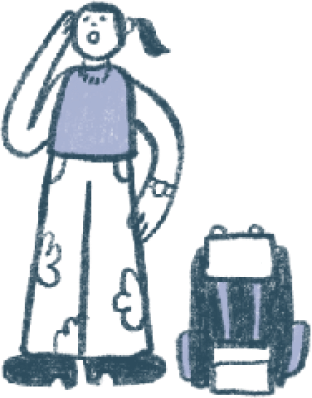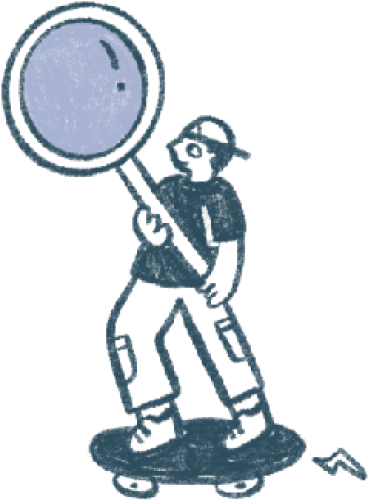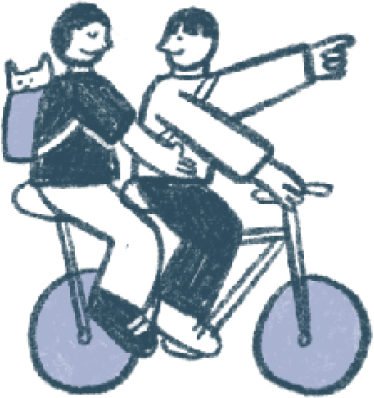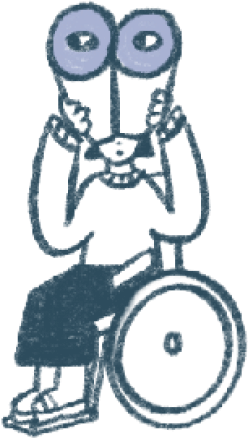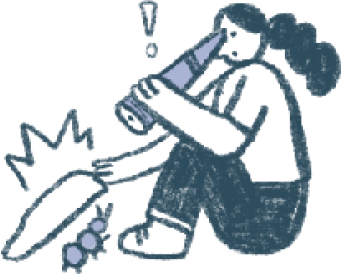Wildlife, Urbanisation and Coexistence - A Conversation with ACRES
Singapore has undertaken the beautiful challenge of being a City in Nature, so how can we coexist with wildife?

As Singapore strives to be a city in nature, we've seen more and more cases of human-wildlife conflict in recent years, with monkeys coming into our homes, wild boar attacks in Yishun, and most recently the Bishan crow attacks.
We sat down with Ms Anbarasi Boopal, co-chief executive of the Animal Concerns Research and Education Society (ACRES) for a chat on her thoughts on wildlife, urbanisation and what it means to coexist with wildlife.

"Wildlife reclaiming our cities” was making headlines across the world during Covid. Did you see a big increase in the number of wildlife conflict calls in Singapore?
“Before Covid, we had 800 calls a month. During Covid, that number doubled to 1700! But I see it as 1700 opportunities to raise awareness about wildlife. Everyone was working from home, most of the callers called because they were probably observing a bird nesting in their window for the first time. So it’s a good thing, really! There seems to be a heightened interest in nature and wanting to learn about what to do, what not to do.”
How does ACRES manage human-wildlife conflict?
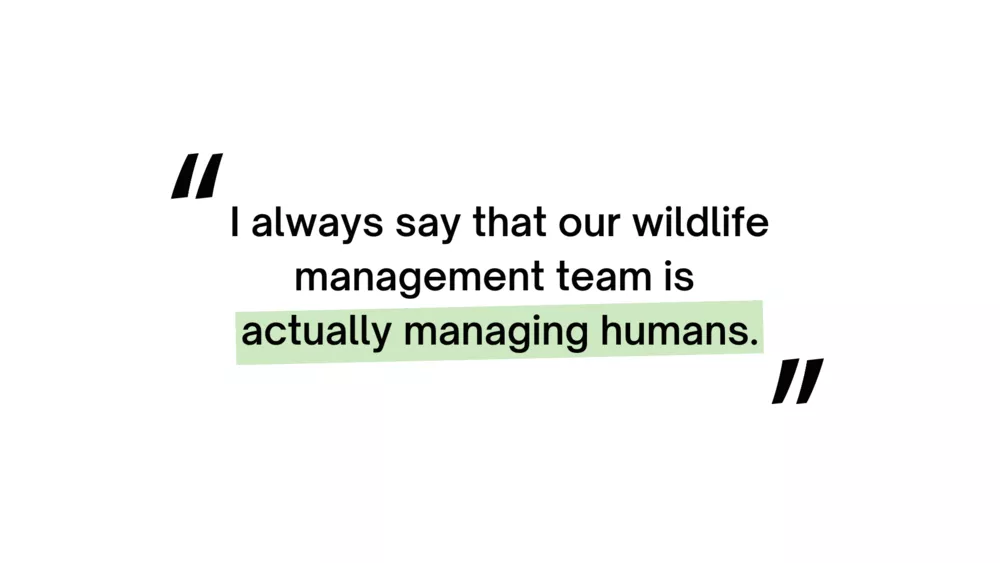
"It's true! Wildlife management usually starts with human behaviour, habitat and infrastructure modification. And the last step is where you interfere at the animal level, like relocation.
A perfect example of habitat and infrastructure modification was the Seletar Hills otter case. We had a hotspot in the Seletar estate where otters were going into people's homes and eating their expensive Koi fish."

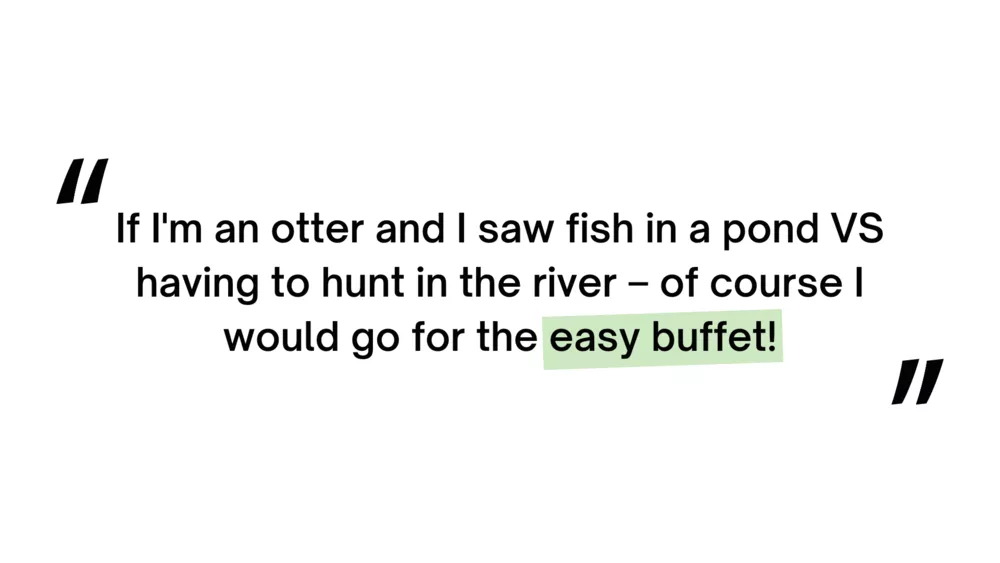
"Relocation wouldn’t work because other otters will move in as long as there is space available. So the solution is to create these exclusion measures like otterproofing homes. When the otters smell the fish and realise they can't easily get to it, they will give up and move away onto the next food source.
We (ACRES) went in to do pilot tests in a couple of homes, and told them to make their meshing taller and more slippery to prevent otters from climbing in. And it worked out nicely!"
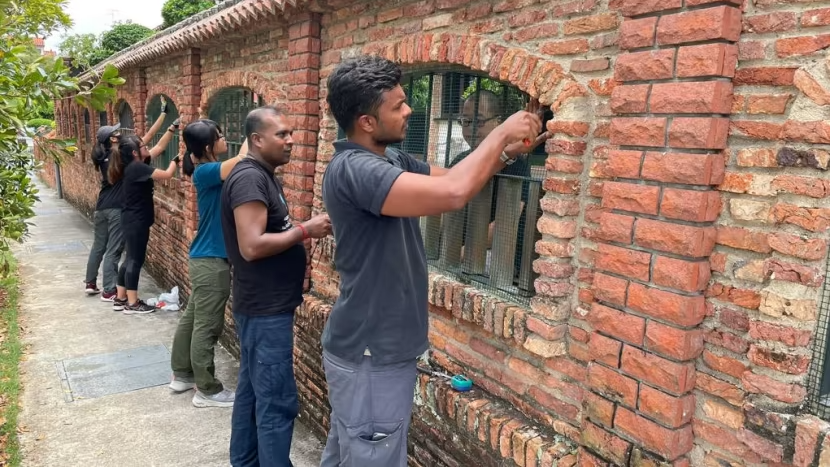
"It was really nice to see everyone working together - from people on-ground (residents, People’s Association) to the Otter Working Group (Acres, NParks, otterwatchers and NUS researchers)."
Why has there been more wildlife scuffles in recent years?
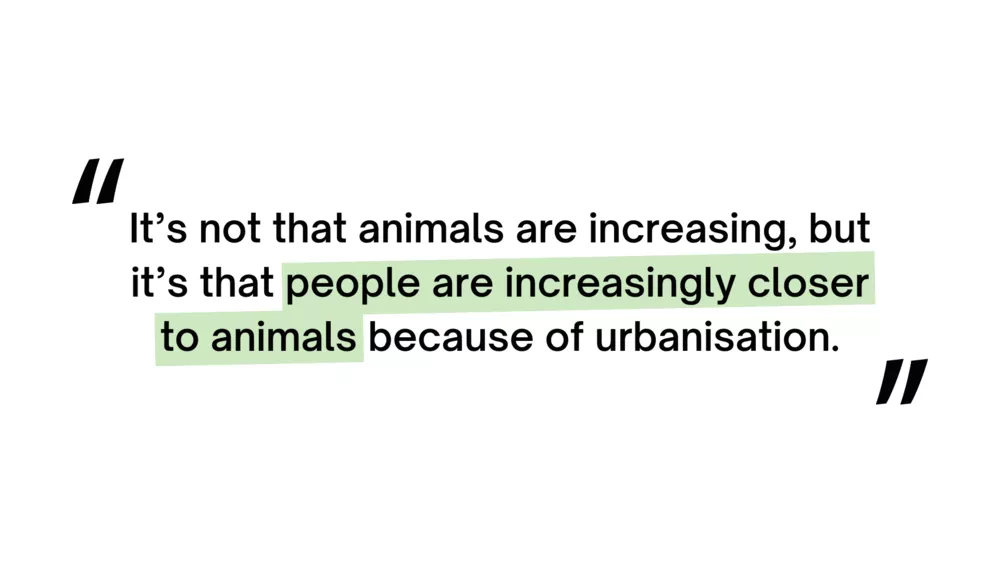
"When we clear forests to construct buildings, the wild habitats end up getting lost or fragmented. With not much connectivity, they come into shared green spaces and that's why we get more and more calls like civets in people's roofs.
And I think Singapore is going through a change in our social structure. I come from a place where we live with our parents until they are ripe old. But now we are seeing more importance on privacy, people wanting to move out into their own homes."
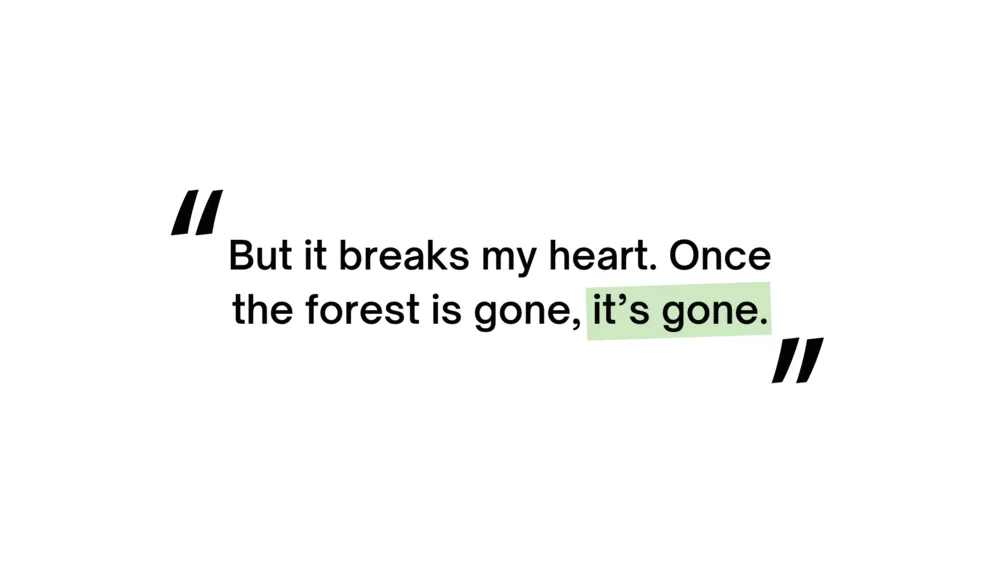

"Even though we want all the forests to be preserved, we recognise that there is a need to build more homes and we attend planning and building engagements with HDB and LTA. They engage us to go through their building plans, pre-empt problems, and give constructive input. There were no such engagements 10 years ago, so we’ve definitely come a long way."
Where is Singapore now in terms of being a City in Nature and learning to coexist with wildlife?
“Everyone knows that you shouldn’t feed wildlife and why it's bad (because animals will associate humans with food and come into our spaces). It took us a while, but we’ve achieved that.
And beyond helping people to exercise tolerance and implement exclusion measures like otterproofing their homes, we're also pushing for policy and legislative level change.
We got a call from someone saying that they were scared of a hornbill that kept sitting on their balcony. If I asked them to do exclusion measures, it would mean putting up a mesh. And I can totally empathise with them feeling that, ‘I have a balcony to enjoy the ambiance, and you’re telling me that I can’t enjoy the view?’"

"So for that specific case, we said, ‘okay, the hornbill perches because it's a nice balcony railing, right? So we’ll just fit a tense metal wire on top.' That was it. The hornbill didn’t want to perch anymore because it's very irritating to them. So it left! If birds like pigeons cannot perch, they won’t poop on windows and town councils will spend less resources handling complaints.
So in terms of legislative change - for the new HDBs that have yet to be built - can it be mandated that ledges have to be of a certain narrow width to prevent birds from perching?"
What projects are you currently working on now?
“ACRES is part of the core committee for Our Wild Neighbours, a joint initiative between NParks, Acres, the Singapore Zoo and the Urban Wildlife Working Group (UWG), which was launched in 2022 by Minister Desmond Lee."

"We’re mainly focusing on promoting coexistence, but instead of just telling people don't feed and don't approach wildlife, we also want to feature stories of the local efforts in rescue, rehab and release for these animals.
So at least residents know that there is a group out there actively working on this. Like ‘oh, this has happened before and if a specific exclusion measure worked at your place, then you can share it with the rest of us.' It puts their mind at ease and empowers them to know that they can do something."
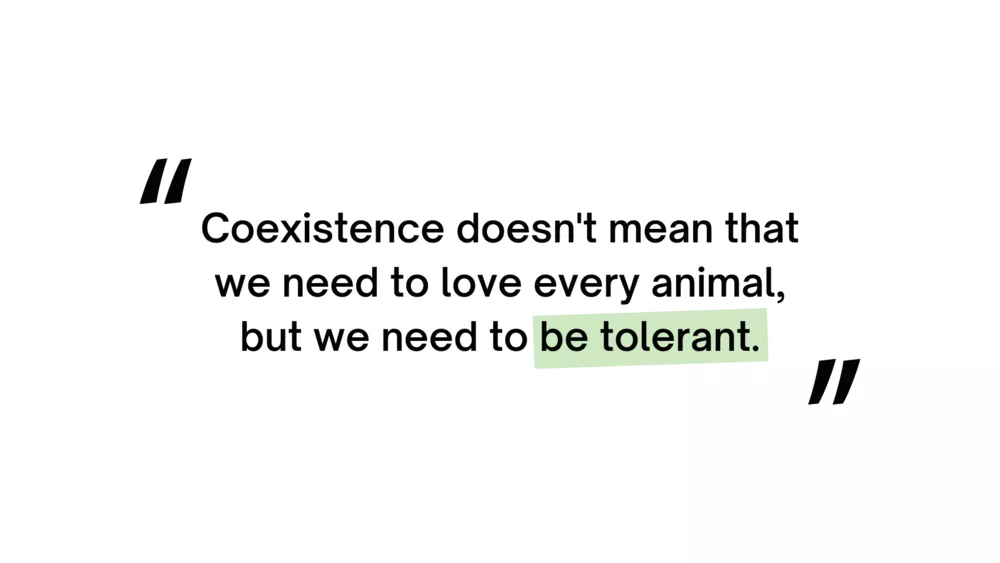




![41 Best Date Ideas in Singapore (More than Just Food & Drink!) [2025]](https://d18sx48tl6nre5.cloudfront.net/webp_xl_7e099a772d89f5e5d7c9af44d69ddb6e.webp)
